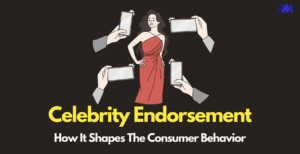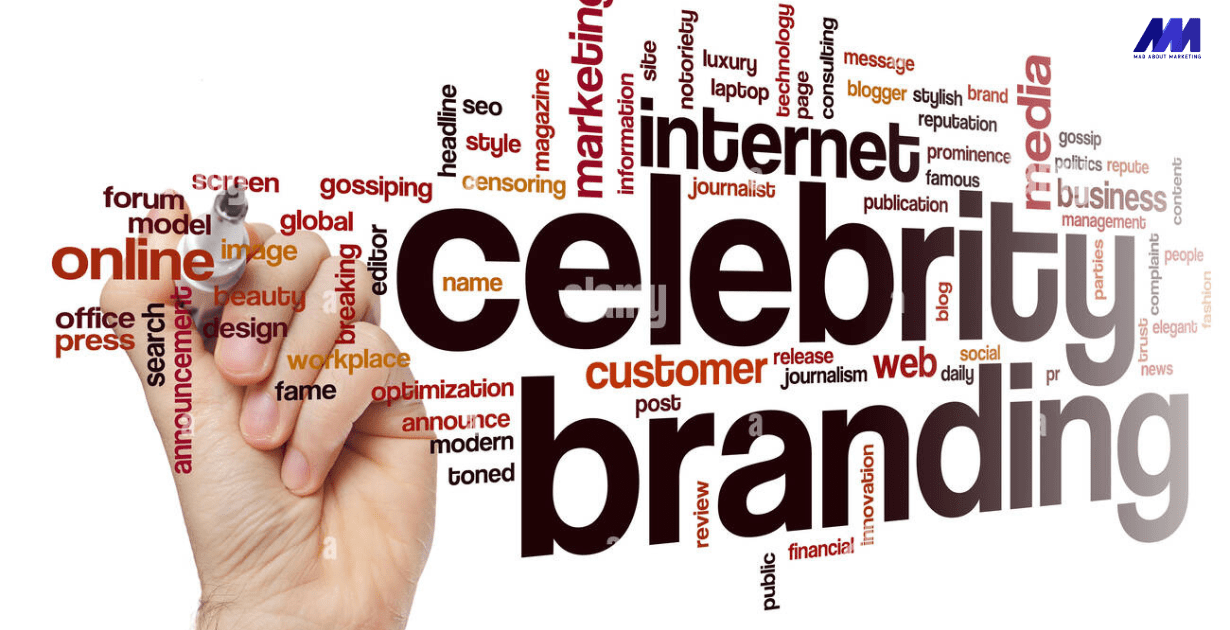Celebrity endorsements remain a powerful marketing strategy, but the landscape constantly evolves. Brands adapt to changing consumer behaviors and preferences, embracing new trends to maximize impact.
Here’s a look at the latest celebrity endorsement trends reshaping the marketing world.


1. Authentic Partnerships
Consumers today crave authenticity. Brands now seek celebrities who genuinely align with their values and message. Authentic partnerships resonate more with audiences, as they can see through superficial endorsements.
For example, Rihanna’s collaboration with Fenty Beauty stands out because she actively participates in product development and promotion, reflecting her genuine commitment to inclusivity and diversity.
2. Micro-Influencers Rising
While big-name celebrities still hold sway, brands increasingly turn to micro-influencers. These influencers have smaller but highly engaged followings, often perceived as more relatable and trustworthy.
Micro-influencers can create deeper connections with their audience, making their endorsements more impactful. Brands like Glossier and Daniel Wellington effectively leverage micro-influencers to reach niche markets.
3. Social Media Domination
Social media platforms dominate the celebrity endorsement landscape. Instagram, TikTok, and YouTube provide celebrities with direct access to millions of followers. Brands capitalize on this by partnering with celebrities to create engaging content, from Instagram posts to TikTok challenges.
This trend enhances visibility and allows for creative, interactive campaigns. Nike’s collaboration with TikTok star Addison Rae is a prime example, merging athletic appeal with social media influence.
4. Long-Term Collaborations
Short-term endorsements are giving way to long-term collaborations. Brands invest in sustained relationships with celebrities to build stronger associations and credibility.
Long-term partnerships allow for deeper storytelling and continuous engagement. A notable example is George Clooney’s longstanding partnership with Nespresso, which has successfully built a consistent and relatable brand image over the years.
5. Social Responsibility and Advocacy
Consumers increasingly support brands that champion social causes. Celebrities endorsing such brands can amplify these messages and drive social change. Brands align with celebrities who advocate for important issues, enhancing their image and appealing to socially conscious consumers.
For instance, Emma Watson’s collaboration with sustainable fashion brand People Tree highlights her commitment to ethical fashion and resonates with eco-friendly consumers.
6. Digital and Virtual Influencers
The rise of digital and virtual influencers marks an innovative trend in celebrity endorsements. Brands create virtual personas or collaborate with existing digital influencers to engage tech-savvy audiences. These virtual influencers offer complete control over brand messaging and are always available for campaigns.
Lil Miquela, a virtual influencer, collaborates with major brands like Calvin Klein and Prada, showcasing the potential of this trend.
7. Interactive and Immersive Experiences
Brands now seek to create interactive and immersive experiences with celebrity endorsements. Augmented reality (AR) and virtual reality (VR) technologies enable fans to engage with their favorite celebrities in novel ways.
For example, brands use AR filters on Instagram or Snapchat featuring celebrities to create fun, shareable experiences. VR experiences at events or through branded apps allow for deeper engagement and memorable interactions.
8. Data-Driven Decisions
Data analytics play a crucial role in shaping celebrity endorsements. Brands use data to identify the best celebrity partners based on audience demographics, engagement rates, and sentiment analysis.
This data-driven approach ensures more effective campaigns and better ROI. Brands like Pepsi and Coca-Cola utilize advanced analytics to refine their endorsement strategies and achieve optimal results.
The latest celebrity endorsement trends emphasize authenticity, social media engagement, long-term partnerships, and social responsibility.
Micro-influencers and virtual influencers gain prominence, while interactive experiences and data-driven decisions enhance campaign effectiveness. By embracing these trends, brands can create impactful and resonant endorsements that captivate modern consumers.
Stay informed about the latest marketing strategies by following “Mad About Marketing.” #madaboutmarketingg





